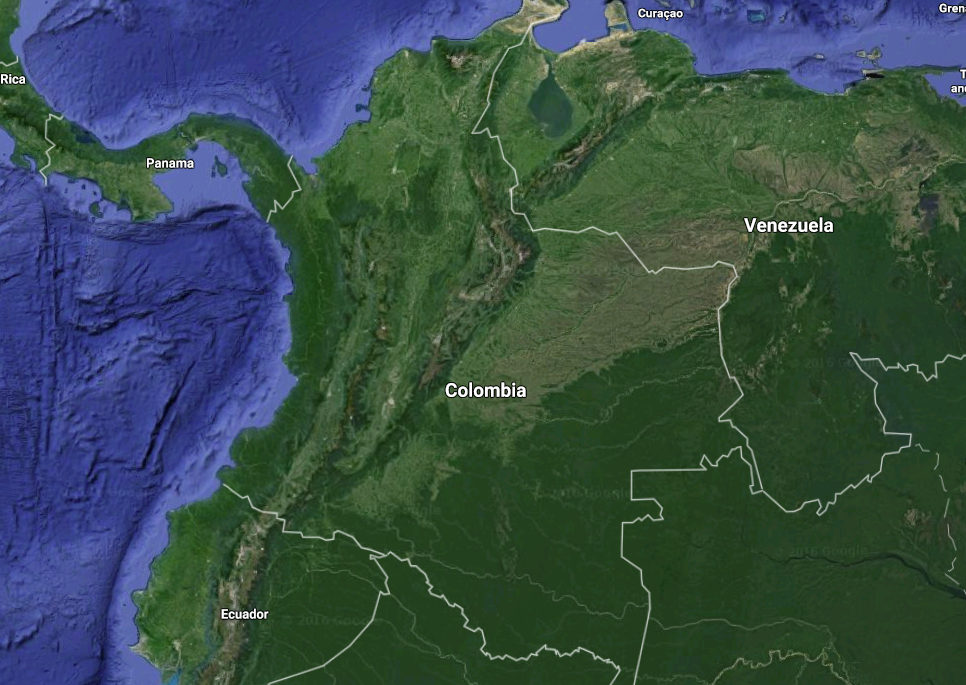
Declining Investment Challenges Pro-Extraction Government in Colombia
Lea este blog en español aquí.
The Fundación Foro Nacional por Colombia (FFNC) recently launched its fifth annual report on the Colombian extractive sector in Bogotá. I presented remarks on regional context and Fabio Velásquez, FFNC’s president, summarized the structure and content of the report.
The report provides a critical assessment of the government’s pro-extractive policies; presents information and analysis on the sector’s weight in the Colombian economy; discusses the performance of the new royalty system and provides recommendations to overcome its shortcomings in detail; and presents two local-level “governance agreements” experiences in the department of Santander.
Findings from the report include:
- Despite adverse external conditions and mounting social resistance, the government continues to promote extraction of commodities including oil, coal, gold and copper. It does this because it needs resources to sustain the economic growth amidst uncertainty around the peace agreement. However, if the choice to fund a post-conflict strategy is to increase extractive activities, the end of armed conflict might give way to the rise of internal social conflict.
- Investments in and exploration and production of oil, gas and minerals are declining. From an investor’s perspective, the reasons for decline are the adverse international context and, most importantly, internal taxation, social conflicts, environmental standards and procedures, and now, Constitutional Court rulings empowering subnational governments in the decisionmaking process. The consequences are reduced reserves, lower growth and less rent available for the government. This is not good news for a government that wants to sustain the peace process through an extractive bonanza that is, now, nowhere to be found.
- The new General Royalty System (SGR) does not seem to be achieving its goal of closing the territorial gaps existing under the previous distribution regime. In fact, beyond the nominal allocation of resources, Colombia’s poorer regions are actually using a lesser share of these resources: their lack of capacity to prepare solid investment projects has not been addressed.
- Promoting territorial governance agreements (“pactos por la gobernanza”) is a slow and complex process. However, it might eventually lead to shared local views of the role of extractive activities in resource-rich territories, preventing unnecessary conflict and allowing for multi-level and multi-stakeholder development planning with all interested parties.
We support FFNC’s efforts to monitor the extractive sector, providing trustworthy information and rigorous and timely analysis in order to spark informed debates and sustain advocacy initiatives that aim at improving the governance of the extractive industries in Colombia.
Carlos Monge is the Latin America director at the Natural Resource Governance Institute (NRGI).

